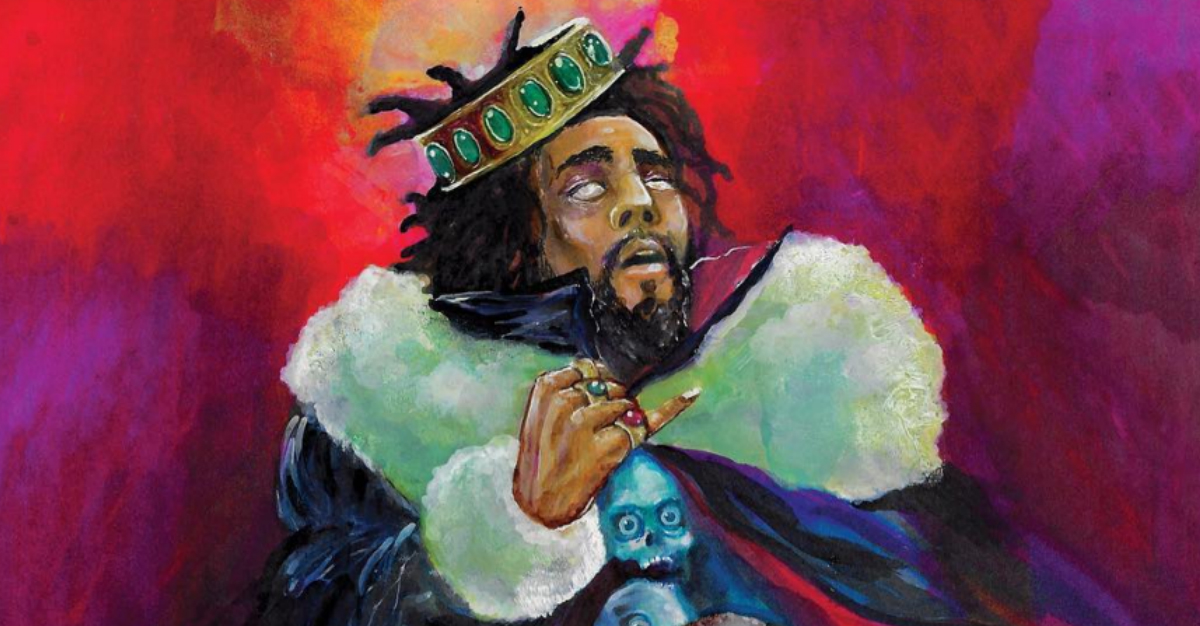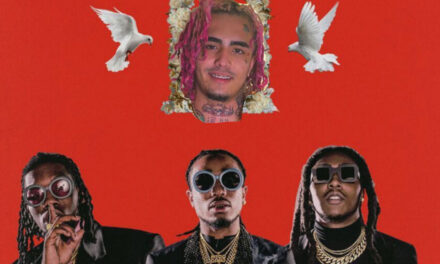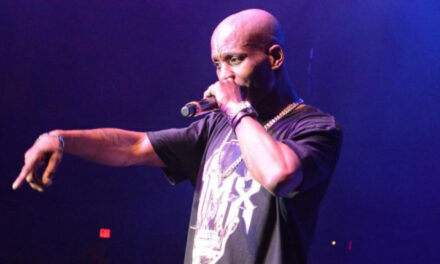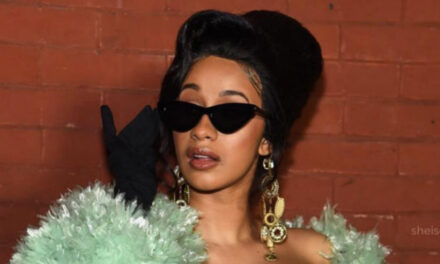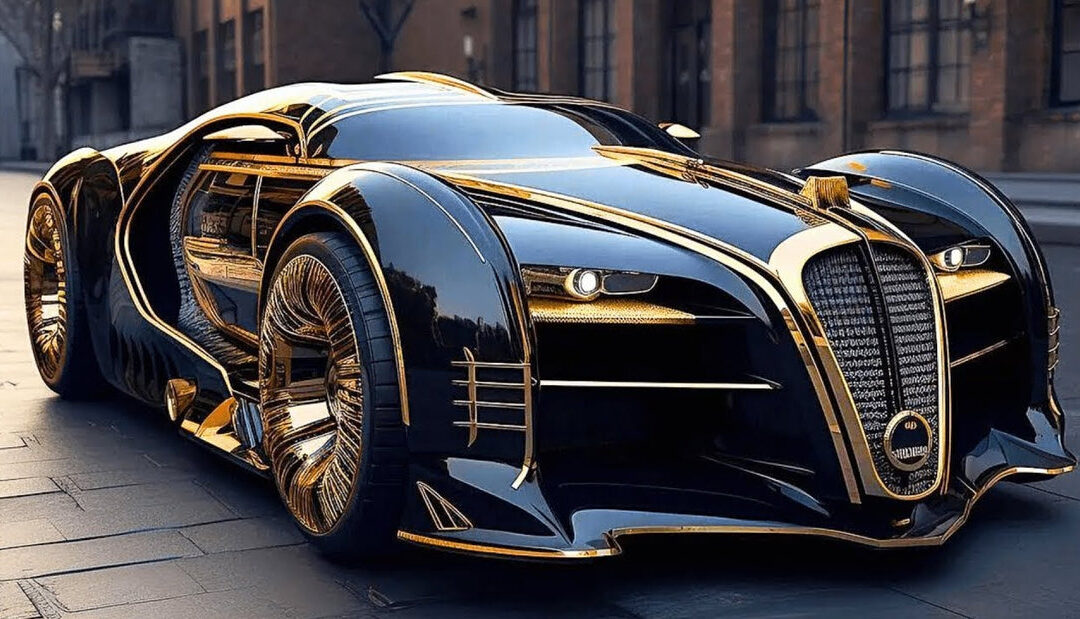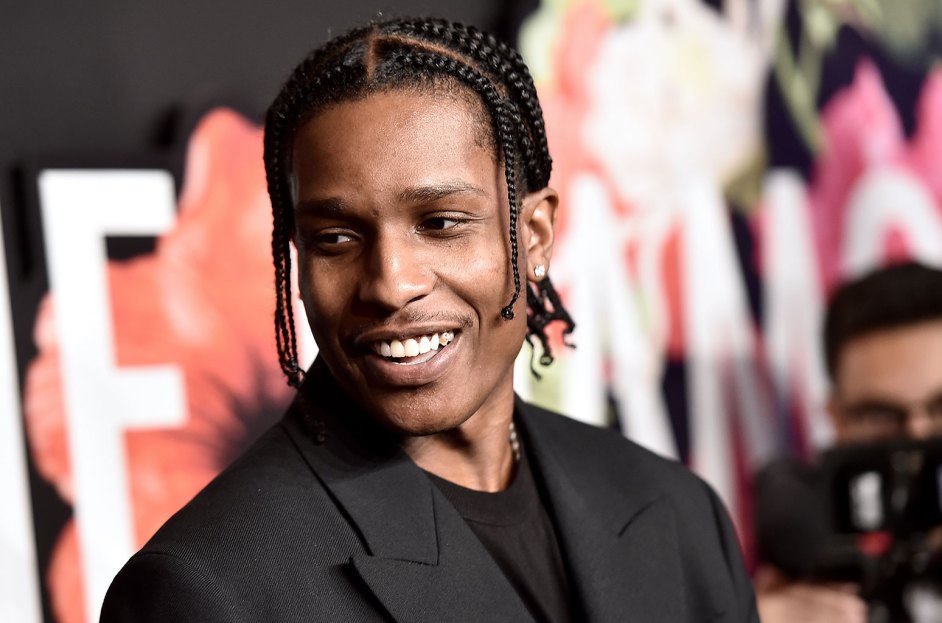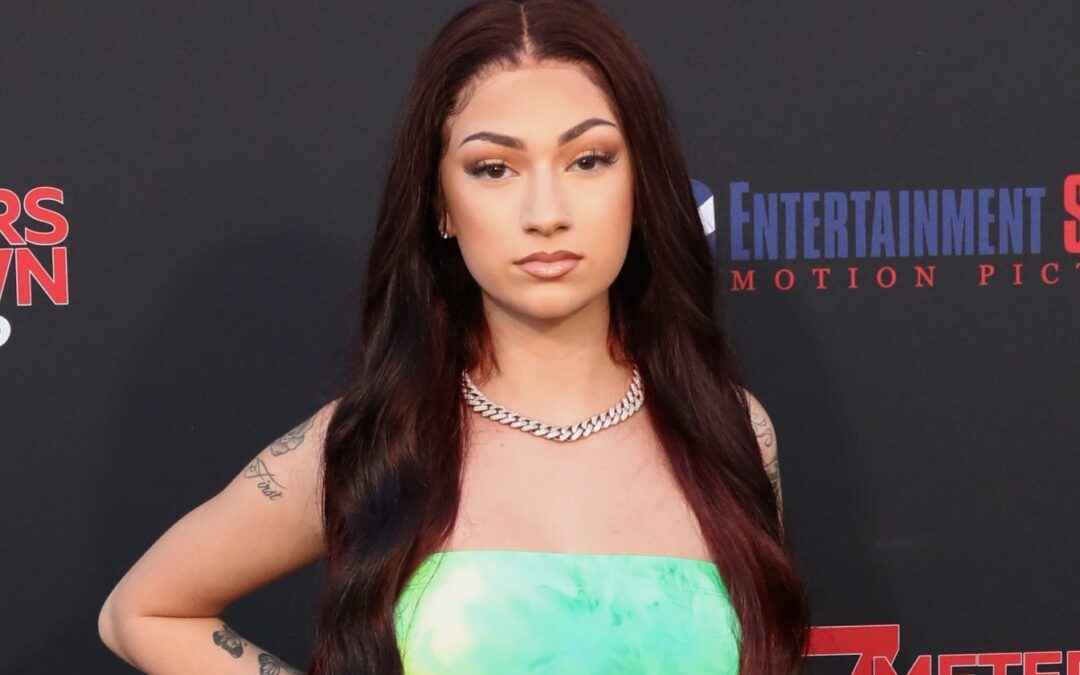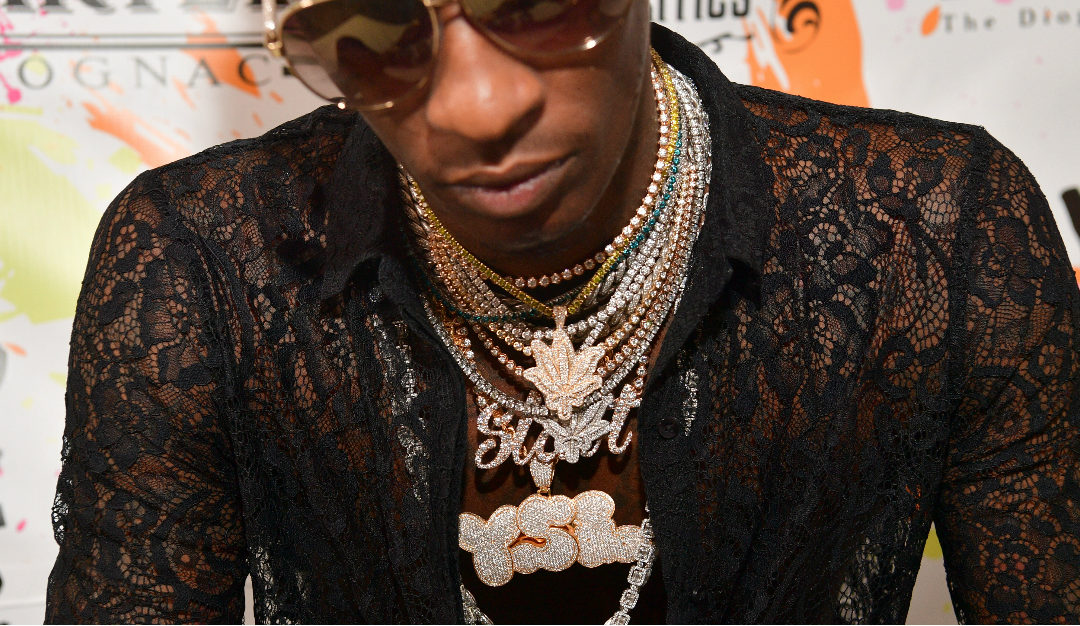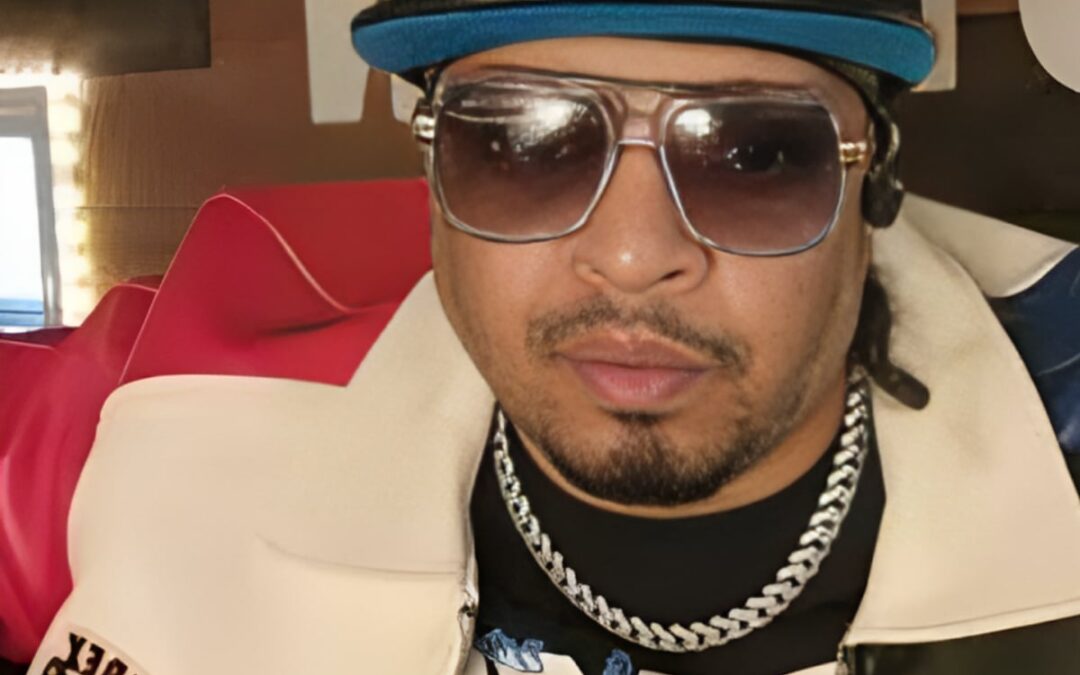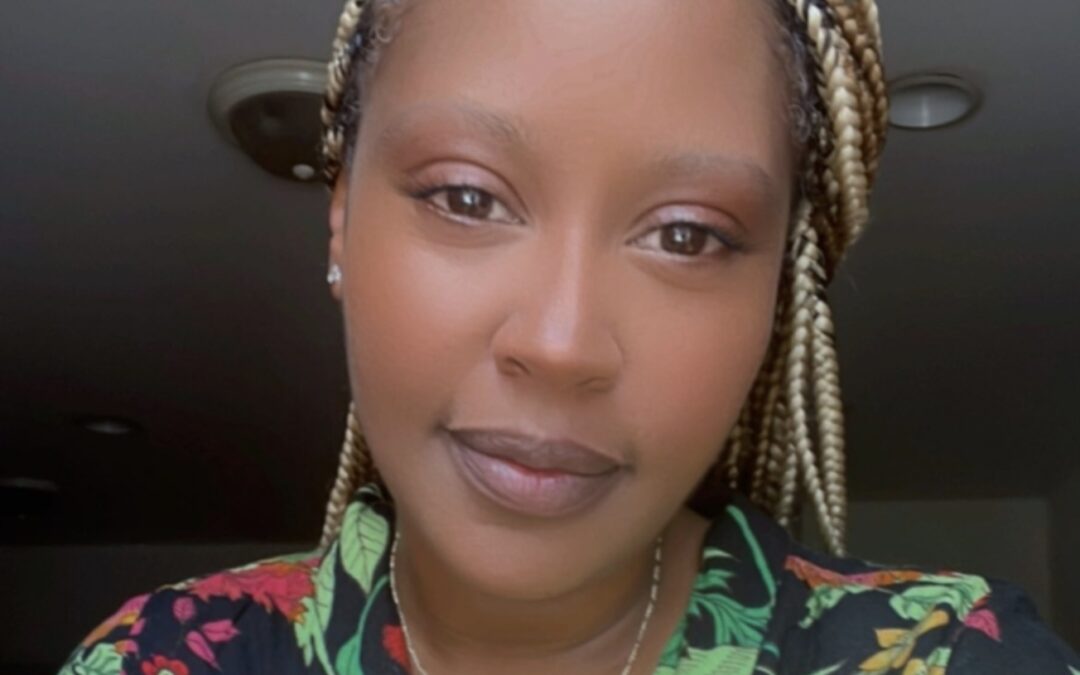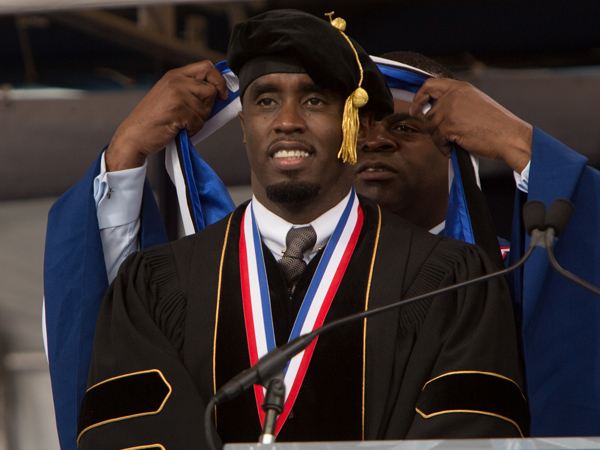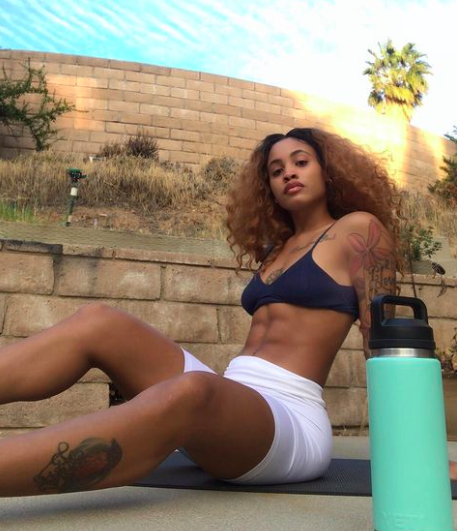[introImage id=151570 caption=”Source: Instagram @realcoleworld”]
On April 20th, J. Cole dropped his first album since 2016, titled “KOD”. Before its release, the album barely had any commercial promotion backing it up. Four days before he dropped the project, Cole wiped his Instagram profile and changed his profile pictures across social media to a plain purple backdrop. Before the rumor mill had gotten into full swing, J. Cole announced a surprise event in New York City via Twitter within hours of his profile changes. The event was cryptically advertised: only the time, venue location and the requirements of attendance were disclosed. “No phones, no cameras, no bags, no press list, no guest list”.
He posted a nearly identical event flyer the next day, but with the location set in London instead. The events Cole promoted turned out to be listening parties for his new album, KOD, which he officially announced by means of a single tweet he posted between the two event promos: “New album. KOD 4/20”. J. Cole would later reveal the album name to have three different meanings: Kids on Drugs, King Overdose, and Kill Our Demons.
New album. KOD 4/20
— J. Cole (@JColeNC) April 17, 2018
J. Cole’s album has been met with mixed reviews from critics, but it would be hard to say that it wasn’t well received overall. Metacritic, a service that aggregates the reviews of different critics, gave the album a weighted average of 77. Interestingly enough, the positive reviews often hinge their arguments on the same aspect of his album that most negative reviews criticize in some way: his lyrical content.
Cole’s lyricism has been the reason many of his die-hard fans have pledged their unwavering allegiance to his music, and at the same time, it’s been the reason that so many have turned their back on it. Now more than ever, consciousness in rap has taken a backseat as sonic aesthetic is championed as the paramount quality of hip-hop in the mainstream. So, when the world heard his lean and potent messages about vice and addiction, it was only natural that some feathers were ruffled. Even if one didn’t mind the weight of his lyricism, the fact that the production on the album was relatively deemphasized may have left those who came expecting something more than straight bars feeling like something was missing.
Although KOD challenges the status quo of mainstream hip-hop sheerly through its existence, Cole took that challenge a step further on the final song of the tracklist, “1985 (Intro to ‘The Fall Off’)”. Even without a music video, the song has become one of, if not the most talked about track on his project. That’s because it’s being labeled as a Lil Pump diss track by many who have heard it. One might be able to make the argument that it wasn’t a diss track directed at Pump, but considering the friction between the two in the past, Cole may very well be throwing shade with an if-the-shoe-fits type of approach.
Lil Pump has been sending shots at J. Cole as early as 2016, evidenced by a screenshotted tweet Pump posted in November that year that was included as part of a recent Montreality interview with Pump’s frequent collaborator, Smokepurpp. In a seemingly unprompted jab, his old tweet read, “B***h I’m better than j Cole F**k all that lyrical s**t”. At the end of April 2017, a track labeled “J Cole Diss Track (Audio)” was uploaded through Lil Yachty’s YouTube account. At the time, Lil Pump was frequently retweeting J. Cole disses as well. J. Cole’s “1985” track doesn’t drop any names, but what Cole said on it was enough for Smokepurpp to lead a “f**k J. Cole” chant at a performance of his in Atlanta on the night of KOD’s release, which could have an expression of solidarity with Pump. Taking the history into account, Lil Pump seems to be the most likely target of Cole’s track.
[ad type=”ad1″]
Taking a closer look at the situation, Lil Pump’s shots may have been provoked by one of J. Cole’s earlier tracks he released back in 2016, titled “Everybody Dies”. Again, Cole drops no names on the track, but he flexes on industry rappers in general throughout its entirety. A few hints that he does drop in the song have people narrowing down his targets to be Lil Yachty, Lil Uzi Vert, and XXXTentacion. Check out why in the annotated lyrics below.
Fake drug dealers turn tour bus trappers
― J. Cole – Everybody Dies
Napoleon complex, you this tall rappers<br> Get exposed standin' next to 6'4" rappers
― J. Cole – Everybody Dies
Even though Lil Pump and J. Cole’s pseudo-beef has taken center stage in the discussion of the “1985” controversy, it’s possible that “1985” isn’t singling any particular rapper out at all. He may instead be trying to address his issues with a certain archetype of rapper in a personal way, similar to what he did in “Everybody Dies”. certain bars in “1985” don’t apply to all the rappers in question, which only adds to the theory that Cole is addressing a variety of rappers rather than an individual, even though his verse is framed as a one-on-one conversation.
Even though Lil Yachty let fly his own “f**k J. Cole” tweet several years ago, Yachty came forward in 2016 to say that he doesn’t have any beef with Cole. He claims that the tweet was just a troll and that he actually appreciates J. Cole as an individual, despite not listening to his music. Lil Uzi also showed his appreciation for Cole in a tweet that he posted shortly after “Everybody Dies” dropped, lessening the likelihood of Uzi as his main target in “1985”. XXXTentacion called out J. Cole by name in his XXL Freshman cypher in 2017, but after Cole gave him props in a No Jumper interview, X is probably not on the top of Cole’s hit list.
That leaves Lil Pump and Smokepurpp to be the main targets of “1985”, but why the animosity in the first place? It’s up for speculation, but perhaps their friction can be explained as a manifestation of a dichotomy in hip-hop that has existed throughout the ages. Of course, the situation could all be explained as J. Cole snapping on Pump and Purpp for trolling a little too hard, but the question remains on why Pump chose J. Cole in particular to be the butt of his jokes. Pump started his attacks about a week before the release of “Everybody Dies”, so he could have either heard the track and considered it grounds for jab-throwing, or he could have taken aim at him for a different reason.
In many ways, Pump and Cole stand on opposite ends of the playing field. Lil Pump embraces ignorance as a lifestyle (he event made a song called ”Ignorant”). Before blowing up, Pump could be seen cussing out Walmart employees and shooting a gun out of a car window for fun, which are just a couple of his past social media stunts. Even though Pump claims to have quit xanax (which may have been a move to make himself more eligible to get a record deal), he’s recently said that he’ll kick his grandpa in the neck before he kicks his lean habit, and he hasn’t shown any signs of slowing down his blunt intake. There are more pieces of evidence that could be used to illustrate Lil Pump’s ignorant side (such as his music itself), but is anyone really denying it?
On the flipside, you have J. Cole. While Pump bounced around schools and dropped out in the 10th grade, J. Cole graduated high school with a 4.2 GPA and went on to graduate with honors from St. John’s University, where he was also the student president of Haraya, a pan-African student coalition. That’s not to say that traditional education is an ultimate measure of intelligence or consciousness, but it definitely provides some insight. Years after his graduation, J. Cole even started his own non-profit organization that focuses on helping urban youth in his hometown of Fayetteville, North Carolina. The content of his music starkly contrasts with Lil Pump’s, too. While J. Cole has a knack for incorporating purposeful storytelling and thought provoking subject matter in his raps, Lil Pump may be the best in the game at telling you how he f**ked your mama off Backpage without her knowing how old he is.
Don’t get it twisted; that’s not a slight on Pump. The rap game needs figures like Lil Pump just as much as it needs its J. Coles. Each artist in this situation has a lane in the industry that they excel in, and each lane provides something to the public that the other can’t. For example, if “Love Yourz” came on in the club on a Friday night, even J. Cole fans might pull up to the DJ booth with something to say. Alternatively, “Gucci Gang” might not provide the refuge, release, or message that is needed by certain individuals during difficult times. Hip-hop should be always be respected as the high art form that it is, but so too should the tastes of hip-hop fans across the board. If diehard J. Cole fans can’t respect what rappers like Lil Pump bring to the table, how can they expect Lil Pump fans to respect what J. Cole has to offer offer?
With J. Cole almost double the age of Lil Pump, it’s only natural that they would have some pretty significant differences as artists. J. Cole actually confronts this difference in the opening verse of “1985”.
All these niggas popping now is young<br> Everybody say the music that they make is dumb<br> I remember I was 18<br> Money, pussy, parties, I was on the same thing<br> You gotta give a boy a chance to grow some<br> Everybody talkin' like they know somethin' these days<br> Niggas actin' woke, but they broke, umm<br> I respect the struggle but you all frontin' these days<br> Man, they barely old enough to drive<br> To tell them what they should do, who the fuck am I?
― J. Cole – 1985 (Intro to “The Fall Off”)
[ad type=”ad2″]
Here, J. Cole nods to the authenticity of Lil Pump’s music, as he reflects on where he was at when he was Pump’s age. Even though Cole continues the rest of the song hopping back and forth between advising and dissing Lil Pump, he recognizes that the young rapper is still growing. If one looks at the track as an address the new generation of “SoundCloud rappers” as a whole, Cole is making a stand for what he represents and identifies with as a hip-hop artist without senselessly bashing the new wave of rappers.
In essence, his goals are somewhat mutually exclusive. J. Cole recognizes the destruction that can take place both in and outside of the culture when hip-hop artists perpetuate the acceptance of drugs, money, and sex as measures of success and happiness. On the other hand, there’s a certain type of freedom that Pump operates in and provides for his audience that J. Cole generally does not. After all, there’s a reason ignorant rap is so popular: it appeals to the instinctual side of listeners. Drugs, money and sex are all common themes in music because they are often the things in life that people most closely identify with pleasure. To deny the appeal of these pleasures would be to deny what makes us human.
In the end, it all comes back to balance. An excessive dedication to instinctual drives and desires, both in life and in music, is unsustainable, to say the least. The case is the same with consciousness. If J. Cole was completely free of ego and desires, he may not be rapping at all, let alone dropping a track that tries to defend and check the youth in the same breath. With that said, the conflict between J. Cole and Lil Pump could actually be perceived as a good thing. Both Pump and Cole benefit from the publicity from it, and Cole may have never made “1985” if he was never antagonized in the first place. Now, a discussion has been sparked in the hip-hop community which may help shape the evolution of hip-hop, as well as the minds that comprise it. Even if that discussion turns into an argument at any point, the passion that arises in conflict can be translated into healthy competition between artists.
I appreciate the convo taking place. It's eye opening
— J. Cole (@JColeNC) April 21, 2018

